US Appeals Court Reverses Yuga Labs’ $9M Victory Against Ryder Ripps in NFT Trademark Battle
As of August 8, 2025, the ongoing saga between Yuga Labs and artist Ryder Ripps has taken another twist, highlighting the evolving landscape of NFT trademarks and artistic expression. Imagine building a blockbuster brand like the Bored Ape Yacht Club, only to see it challenged in court—it’s like watching a high-stakes game where creativity clashes with commerce, and the rules are still being written.
Major Setback for Yuga Labs in Trademark Infringement Lawsuit
The US Ninth Circuit Court of Appeals has thrown out the $9 million award that Yuga Labs, the powerhouse behind popular non-fungible tokens, had secured in its trademark infringement battle against artist Ryder Ripps and his associate Jeremy Cahen. This reversal, announced recently, means Yuga Labs hasn’t fully demonstrated that Ripps’ NFT project could confuse consumers by mimicking the iconic Bored Ape Yacht Club collection.
A panel of three judges decided to remand the case to a federal court in California for a full trial on the trademark infringement and cybersquatting allegations. Back in 2022, Yuga Labs filed the lawsuit, accusing Ripps and Cahen of creating an NFT series dubbed the “Ryder Ripps Bored Ape Yacht Club,” which they argued was a blatant imitation of their own wildly successful Bored Ape Yacht Club lineup. Ripps, however, positioned his work as a satirical commentary on alleged racist elements in Yuga’s designs, turning the dispute into a broader conversation about art and critique in the digital age.
In a statement shared through an email linked to him, Ripps described the decision as a massive triumph for creators aiming to produce thoughtful, expressive pieces. On the flip side, a representative from Yuga Labs called the ruling a positive step for the sector, emphasizing that it reinforces the strength and recognizability of the Bored Ape Yacht Club brand. Yuga’s co-founder, Greg Solano, took to X (formerly Twitter) to declare that they’d push forward in the district court to wrap up the fight.
Precedent-Setting Win for NFT Trademarks Amid Brand Alignment Challenges
While it’s a partial loss for Yuga Labs, the appeals court delivered a key victory by classifying their NFTs as “goods” under US trademark law. This establishes an important legal benchmark, potentially empowering other NFT projects to pursue action against copycats. The judges noted that Yuga Labs held trademark priority, having been the first to commercialize the Bored Ape Yacht Club marks.
Solano celebrated this aspect on X, pointing out that it confirms Bored Ape NFTs as protectable trademarks—a boon for every NFT owner out there. This ruling underscores the importance of brand alignment in the NFT world, where maintaining a consistent and authentic identity isn’t just about aesthetics; it’s crucial for building trust and value. Think of it like a luxury fashion house protecting its logo—strong brand alignment ensures that consumers know exactly what they’re getting, preventing dilution from imitations that could erode market confidence. In an industry rife with volatility, aligning your brand with clear, enforceable trademarks can be the difference between thriving and fading away, much like how established companies safeguard their intellectual property to foster long-term loyalty.
For those navigating the NFT trading space, platforms like WEEX exchange stand out with their robust tools for secure and efficient transactions. WEEX enhances brand credibility by offering user-friendly interfaces, low fees, and strong security features that align perfectly with the needs of NFT enthusiasts, making it a reliable choice for buying, selling, and managing digital assets without the headaches of unreliable systems.
Case Heads Back to Trial After Initial Ruling Reversal
A lower federal court had sided with Yuga Labs in 2023, determining that Ripps and Cahen’s NFTs were prone to sparking market confusion. That led to an initial $1.6 million damages award, which ballooned to $9 million following the dismissal of a counterclaim by Ripps and Cahen. But the Ninth Circuit overturned this hefty sum, stating that Yuga Labs’ claims of trademark infringement and cybersquatting didn’t conclusively show a likelihood of consumer confusion as a matter of law.
The appeals panel mandated a trial in federal court to settle whether Ripps’ NFTs truly infringe on Yuga’s trademarks. That said, they upheld the lower court’s view that Ripps and Cahen’s application of Yuga’s marks wasn’t nominative fair use and didn’t qualify as First Amendment-protected expressive work.
This development comes amid surging interest in Ethereum-based NFTs, which have topped seven-day sales charts as ETH prices hover near $4,000, based on the latest market data from August 8, 2025. Recent Twitter buzz has centered on how this case might influence NFT royalties, with creators like Jack Butcher voicing skepticism about royalties, arguing they often reward churn rather than sustained value—echoing sentiments in discussions about sustainable models in the space.
Latest updates as of today include fresh Twitter posts from industry watchers debating the implications for artistic freedom versus brand protection. For instance, searches on Google for “Ryder Ripps vs Yuga Labs update” have spiked, with users frequently asking about the potential ripple effects on other NFT disputes. On Twitter, trending topics like #NFTTrademarks and #BAYC have amplified conversations around how this precedent could reshape IP laws, with official announcements from legal experts suggesting more trials may follow in similar cases.
It’s fascinating to see how this courtroom drama mirrors broader tensions in the crypto world, where innovation often butts heads with regulation. By drawing parallels to traditional art theft cases, it’s clear why protecting trademarks is vital—it’s like guarding a family’s heirloom recipe in a crowded kitchen, ensuring the original flavor isn’t lost in a sea of knockoffs. Backed by court evidence and real-world NFT sales figures, this ruling reinforces that strong IP can drive genuine growth, much as we’ve seen with top collections maintaining dominance through clear brand strategies.
Frequently Asked Questions
What is the Bored Ape Yacht Club and why is it significant in the NFT space?
The Bored Ape Yacht Club is a collection of 10,000 unique ape-themed NFTs created by Yuga Labs, launched in 2021. It’s significant because it pioneered celebrity endorsements, community perks, and high-value sales, turning NFTs into cultural phenomena with billions in trading volume, as evidenced by ongoing market data.
How does this court ruling affect NFT creators and trademark protections?
This ruling strengthens trademark protections by treating NFTs as goods under law, allowing creators to sue imitators more effectively. However, it requires proving consumer confusion in trials, balancing IP rights with artistic freedom—potentially leading to more lawsuits but also clearer guidelines, based on legal precedents set in 2024-2025.
What are the latest developments in the Yuga Labs vs. Ryder Ripps case as of August 8, 2025?
As of today, the case is back in district court for trial after the appeals reversal. Recent Twitter discussions highlight concerns over brand alignment, with no new settlements announced, but experts predict it could influence upcoming NFT IP cases amid rising Ethereum NFT sales.
You may also like

Lido DAO’s Increased Development and Market Dynamics Elevate LDO Price
Key Takeaways Lido DAO’s development activities have surged by 690%, signifying substantial growth. The Lido DAO token (LDO)…
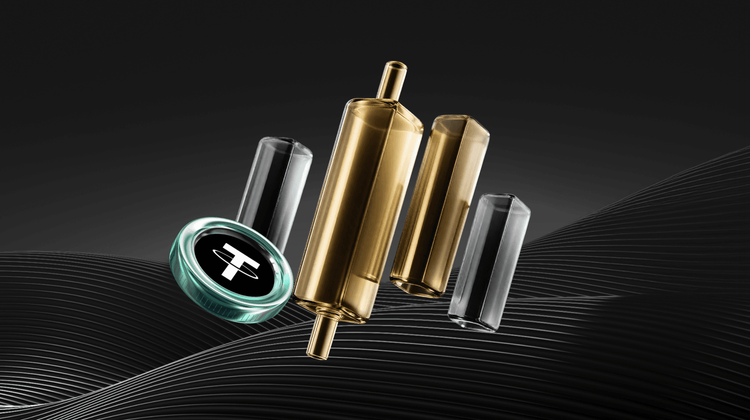
Hyperliquid Whales Shift Strategies: BTC Longs Decline, ETH Shorts Dominate
Key Takeaways A significant reduction in Bitcoin long positions has been observed on Hyperliquid, with large holders decreasing…

December 26th Market Key Intelligence, How Much Did You Miss?

Crypto Christmas Heist: Over $6 Million Lost, Trust Wallet Chrome Extension Wallet Hacked Analysis

Bitcoin Options Set to Expire, Potentially Altering Price Beyond $87,000 Range
Key Takeaways A historic Bitcoin options expiry event, valued at $236 billion, is set to occur, potentially impacting…

Ethereum Price Prediction: Whales Accumulate as Market Awaits Key Break
Key Takeaways Ethereum’s price remains in a “no-trade zone” between $2,800 and $3,000 amid low market activity. Whale…

Bitcoin and Ethereum Options Expiry Shakes Market Stability
Key Takeaways The largest options expiry in cryptocurrency history is occurring today, involving over $27 billion in Bitcoin…
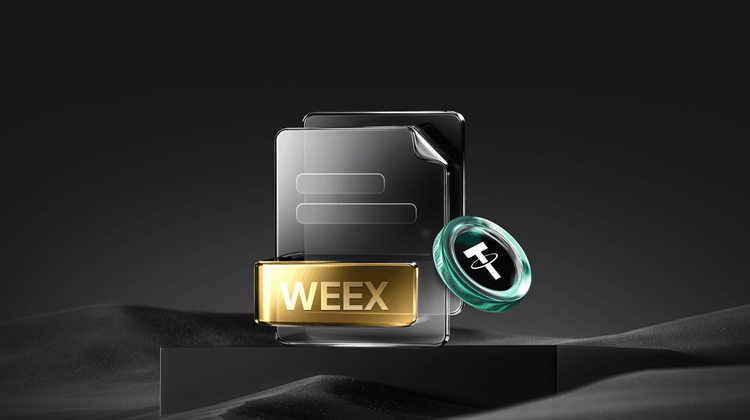
Trust Wallet Hack Results in $3.5 Million Loss for Major Wallet Holder
Key Takeaways A significant Trust Wallet hack led to the theft of $3.5 million from an inactive wallet.…
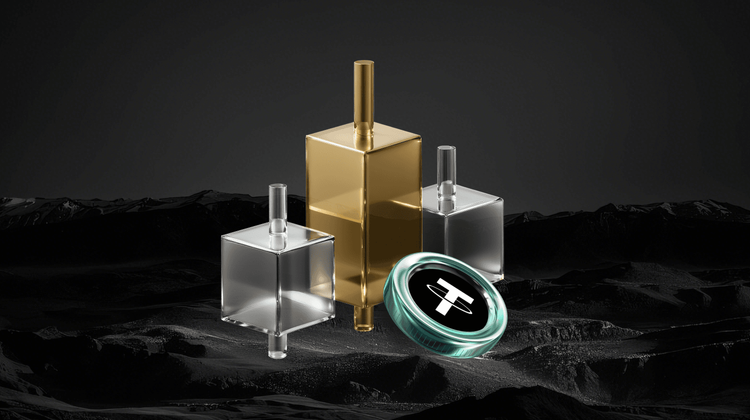
PancakeSwap Launches LP Rewards on Base Network
Key Takeaways PancakeSwap has introduced liquidity provider (LP) rewards for 12 v3 pools on the Base network, facilitated…

Ethereum in 2026: Glamsterdam and Hegota Forks, Layer 1 Scaling, and More
Key Takeaways Ethereum is poised for crucial developments in 2026, particularly with the Glamsterdam and Hegota forks. Glamsterdam…

Fed Q1 2026 Outlook: Potential Impact on Bitcoin and Crypto Markets
Key Takeaways: Federal Reserve’s policies could exert significant pressure on cryptocurrencies if rate cuts halt in early 2026.…

Ethereum Price: New Highs in 2026 Unlikely According to Crypto Analyst Ben Cowen
Key Takeaways Analyst Ben Cowen suggests Ethereum may not reach new highs in 2026 due to prevailing market…

Blockchains Quietly Brace for Quantum Threat Amid Bitcoin Debate
Key Takeaways Cryptocurrency networks, especially altcoins, are enhancing security to prepare for potential quantum computing threats. Bitcoin faces…
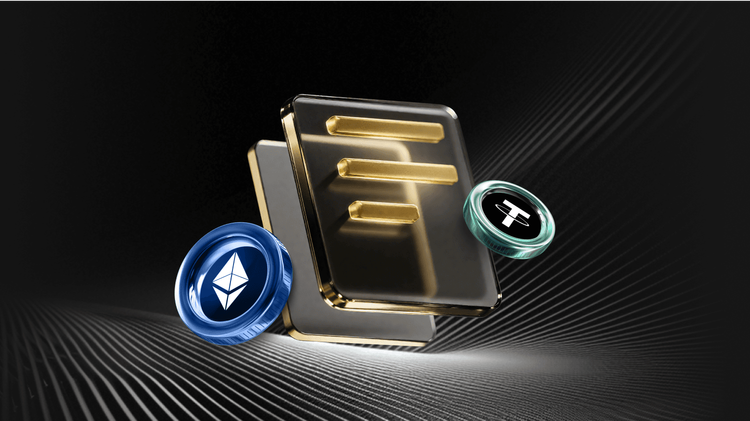
Vitalik Buterin Discusses Grok’s Impact on X’s Truthfulness
Key Takeaways Grok, an AI chatbot, is praised by Vitalik Buterin for enhancing the truthfulness of the social…

What Happened in Crypto Today: A Deep Dive into Recent Trends and Developments
Key Takeaways Bitcoin’s strong fundamentals have remained resilient despite a price drop from its peak earlier in the…
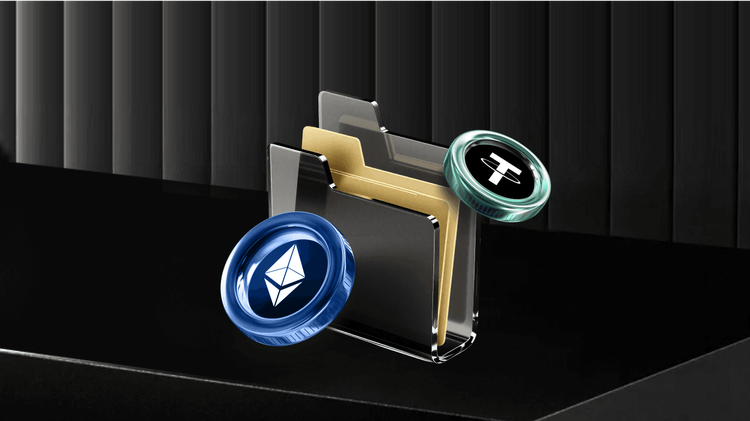
Vitalik Buterin Says Grok Keeps Musk’s X More Honest
Key Takeaways Vitalik Buterin believes Grok is a valuable addition to X by challenging users’ preconceptions. Grok’s unpredictability…

Ethereum’s 2026 Price Outlook: Challenges and Projections
Key Takeaways Ethereum’s price is not expected to hit new heights in 2026, as per crypto analyst Ben…

Blockchains Quietly Ready Themselves for the Quantum Threat as Bitcoin Debates Its Timeline
Key Takeaways: Altcoin blockchains, including Ethereum and Solana, are proactively developing defenses against a potential quantum computing threat,…
Lido DAO’s Increased Development and Market Dynamics Elevate LDO Price
Key Takeaways Lido DAO’s development activities have surged by 690%, signifying substantial growth. The Lido DAO token (LDO)…
Hyperliquid Whales Shift Strategies: BTC Longs Decline, ETH Shorts Dominate
Key Takeaways A significant reduction in Bitcoin long positions has been observed on Hyperliquid, with large holders decreasing…
December 26th Market Key Intelligence, How Much Did You Miss?
Crypto Christmas Heist: Over $6 Million Lost, Trust Wallet Chrome Extension Wallet Hacked Analysis
Bitcoin Options Set to Expire, Potentially Altering Price Beyond $87,000 Range
Key Takeaways A historic Bitcoin options expiry event, valued at $236 billion, is set to occur, potentially impacting…
Ethereum Price Prediction: Whales Accumulate as Market Awaits Key Break
Key Takeaways Ethereum’s price remains in a “no-trade zone” between $2,800 and $3,000 amid low market activity. Whale…
Popular coins
Latest Crypto News
Customer Support:@weikecs
Business Cooperation:@weikecs
Quant Trading & MM:[email protected]
VIP Services:[email protected]
